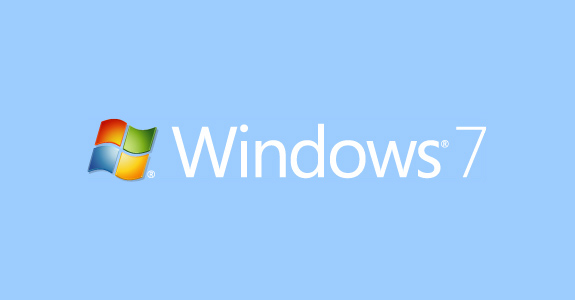WSJ: Microsoft makes less than $15 per XP netbook


Ouch.
It's no wonder, then, that Windows 7 Starter edition is so important. Though Microsoft has never publicly disclosed its pricing for netbook licenses, the figure above indicates that it makes a third of what it normally does for what's now the hottest segment in the consumer electronics business -- so low that "the price is well below the usual $30 asked for the Starter Edition of Windows, which is meant for PCs in the developing world," writes Electronista.
But there's a price to pay for the new OS: limitations, in the form of three simultaneous active applications and no slick interface.
Christopher Dawson writes this morning that Linux is the way around this mess, and I'm inclined to agree with his general motivation that such limitations must be avoided or broken through in some way. After all, why upgrade if XP can offer more -- for less?
Perhaps Microsoft is targeting netbooks as they currently are, rather than what the product is on track of becoming. Last week, ZDNet editor in chief Larry Dignan reported on Intel's new chip strategy, which moves upstream a bit from the current offering to an experience that will truly bridge the gap between the netbook and thin-and-light segments, performance-wise.
For Intel, that means matching AMD's prescient move to skip the current generation of netbooks and focus on thin-and-light machines that will begin to take the best traits of netbooks (size, weight) and lose the worst (performance, age). For Microsoft, perhaps the wager is that those machines will be powerful enough to run a "real" version of Windows 7 -- avoiding the Starter edition kerfuffle and, conveniently, commanding a better profit.